Episodes
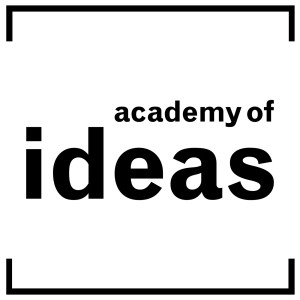
Monday Mar 08, 2021
Book Launch: Free Speech and Why It Matters, with Andrew Doyle
Monday Mar 08, 2021
Monday Mar 08, 2021
BOOK LAUNCH In his latest book, Free Speech and Why It Matters, Writer and comedian Andrew Doyle looks at the most common concerns of free-speech sceptics and offers a robust defence of this most foundational of principles. Andrew spoke to Academy of Ideas associate director Alastair Donald for this book launch of Free Speech and Why It Matters.
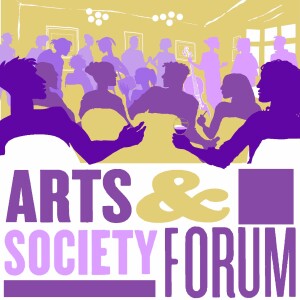
Monday Mar 08, 2021
#Arts&Society: Le Corbusier: universal artist or technocrat?
Monday Mar 08, 2021
Monday Mar 08, 2021
ARTS & SOCIETY FORUM: The Swiss-French architect Le Corbusier (1887 –1965) is strongly associated with post-war mass housing projects; his name is often used as shorthand for their failings. He was arguably the most talented architect of the twentieth century and but he is popularly known for his association with the technocrat aspects of modern planning. Architecture lecturer, Penny Lewis 'visits' two of Le Corbusier’s most influential buildings the Villa Roche in Paris (1923) and the Unité d’habitation in Marseille (1952) to compare his innovative pre-war and expressive post-war work.
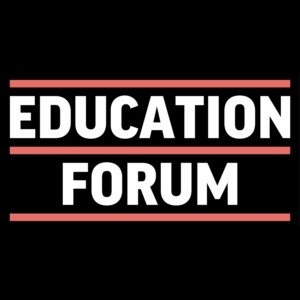
Friday Mar 05, 2021
#EducationForum: Is lockdown damaging children’s mental health?
Friday Mar 05, 2021
Friday Mar 05, 2021
Debate hosted by the Academy of Ideas Education Forum on 4 March 2021.
INTRODUCTION
A large survey undertaken by the NHS in July 2020 found that a staggering one in six children now have a ‘probable mental health disorder’. Since that report we have had another school lockdown. Anne Longfield, the outgoing Children’s Commissioner for England, argued that ‘damage to children’s mental health caused by the Covid crisis could last for years without a large-scale increase for children’s mental health services’.
It is widely accepted that lockdown and school closures have had a detrimental effect on young people, but what does that really mean? Some argue that a year of severe disruption to schooling has limited children’s educational, social and intellectual development, with the likelihood of knock-on effects on the future university and career prospects of GCSE and A Level students.
But are the NHS, Children’s Commissioner and others unnecessarily catastrophising the state of children’s mental health? Have the kids really been messed up by lockdown? Or might they be more resilient than may adults give them credit for?
At what point does missing your school friends transform from disappointment, sadness and frustration to mental illness? Is there now a danger that we stretch the definition of mental health so far that it encompasses many of the normal travails and anxieties of normal teenage life and growing up?
On the other hand, kids missing out on seeing their peers and grown-up role models such as grandparents and teachers is no trivial matter. Is it not bound to limit their emotional and social cognition and lead to serious problems? As schools get set to reopen, this latest online Education Forum debate will explore the impact of lockdown on the mental health of young people.
SPEAKERS
Molly Kingsley co-founder, UsForThem
Dr Ken McLaughlin senior lecturer in Social Care and Social Work, Manchester Metropolitan University
Sarah Standish school counsellor at a Harrow school
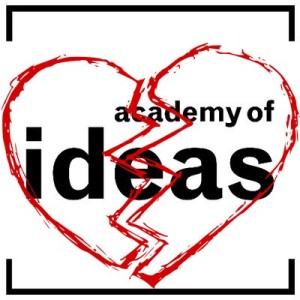
Tuesday Feb 16, 2021
#LockdownDebates: Love under lockdown - are we finished with intimacy?
Tuesday Feb 16, 2021
Tuesday Feb 16, 2021
LOCKDOWN DEBATE: What is it like to fall in love in today, when there seems to be so many more factors involved in intimacy than the feelings of two people? Is the isolation and atomisation of love (or lack of it) in lockdown new, or merely an extreme catalysing of a familiar trend in modern dating? How do we balance the desire to right the wrongs of the past, with an understanding that the intimate encounters we often cherish the most are the ones that took us by surprise? As John Fowles wrote in The French Lieutenant’s Woman, while it’s often futile to be nostalgic, was love and intimacy more hopeful when we were less concerned with controlling the outcome, when ‘strangers were strange, and sometimes with an exciting, beautiful strangeness’? Or are we stuck in an arcane view of how love works – should we be open to a new definition which ditches a reliance on uncontrollable feelings like butterflies in your stomach or sweat on your brow? How risky is it to fall in love today – and what does love and intimacy mean in an increasingly risk-averse society? Claire Fox, Samantha Davies, Ralph Leonard, Emily Hill and Ella Whelan discuss.
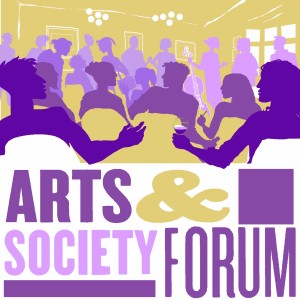
Friday Feb 05, 2021
#Arts&Society: What is the future of classical music in the UK?
Friday Feb 05, 2021
Friday Feb 05, 2021
ARTS & SOCIETY FORUM: At one time, classical music was rigorously defended – both by the sector and within wider society – because of its unique stature as the epitome of the European music tradition and its alignment with Enlightenment ideals. But who defends classical music today? Should it be defended? Is it time to shake up the genre, make it more accessible, and embrace the sentiment of John Gilhooly, director of Wigmore Hall who says, “In many ways all this is a purification, a chance to start again.” Or is there something intrinsic to the genre that we should seek to preserve? Do we still believe in the transcendental qualities of high art and the concept of art for arts’ sake? Should we defend our traditions or embrace the new normal and move with the times? Gabriella Swallow, Stephen Johnson, Ivan Hewett and Dolan Cummings discuss.
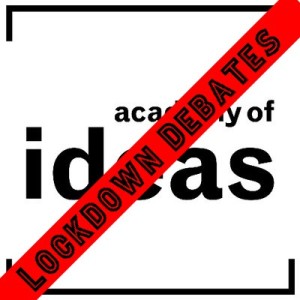
Thursday Feb 04, 2021
Book Launch: The Corona Generation, with Jennie Bristow
Thursday Feb 04, 2021
Thursday Feb 04, 2021
BOOK LAUNCH: In their latest book, The Corona Generation, author Jennie Bristow and her daughter Emma Gilland consider the effects of lockdown on the generation currently coming of age: the demographic currently known as ‘Generation Z’. In this online book launch hosted by the Academy of Ideas, the Parents Forum and the Centre for Parenting Culture Studies, Jennie and Emma talk to Ella Whelan.

Friday Jan 29, 2021
#LockdownDebates: Big Tech - platform, publisher or poison?
Friday Jan 29, 2021
Friday Jan 29, 2021
LOCKDOWN DEBATE: What should be the role of social media today? If the public square – universities, schools, workplaces, pubs, parks and polling booths – are under some form of lockdown or restriction, is the internet the only viable place to quickly and freely share ideas? And, if so, should we begin to understand Twitter, Facebook, Instagram, YouTube or Reddit as publishers, platforms or (virtual) public spaces? What kind of regulation – if any – do we need to ensure healthy debate, and what are the legal implications for such changes? In short, in a world when everyone (even David Attenborough) seems to have an online presence, what role does Big Tech play today – and what should it be in the ‘new normal’ of the post-pandemic world? Discussed by Rob Lyons, Andrew Orlowski, Timandra Harkness and Nico Macdonald.
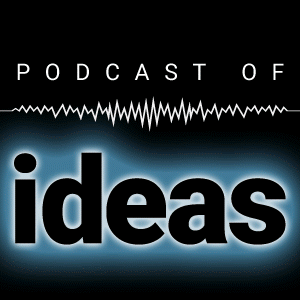
Thursday Jan 14, 2021
#PodcastOfIdeas: new year, new normal?
Thursday Jan 14, 2021
Thursday Jan 14, 2021
Two weeks into the new year and one week into a new lockdown, the Academy of Ideas team come together (via zoom) to look at the key questions posed by the pandemic. How balanced has the discussion been around lockdown - has free speech suffered? What changing role have the media or the police played? What are the long-term effects of lockdown, from the economy to public will? And what is our route out of this - vaccine, resilience or a reinvigoration of freedom?


